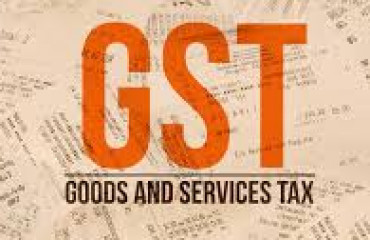Bills loaded with a service charge might be fine if these are a matter of mutual consent, but they neglect the need of customers to estimate what they'll be asked to pay. Dump the practice

Bills loaded with a service charge might be fine if these are a matter of mutual consent, but they neglect the need of customers to estimate what they’ll be asked to pay. Dump the practice
Hold that bite. India's Central Consumer Protection Authority (CCPA) has spoken and it's not music to the ears of our eatery owners. Under its new norms, restaurants must not levy a service charge on their bills, no matter what such a fee is called. Restaurateur lobbies had been arguing that an add-on of 10% was usual in many parts of the world, it served as a way to reward staff equally, and that so long as the charge was stated upfront on a restaurant's menu, any patron ordering dishes listed on it was agreeing thereby to its terms of service. To drum up support for the charge, some outlets had also placed "#dontgrudgeit" pop-ups on tables from the National Restaurant Association of India (NRAI) which claimed it was neither a voluntary "tip" nor levied on takeaway orders, but a must-pay "fee" for dine-in services that was both fair and protected by contract law. Since private parties are free to strike mutual deals and no law exists against this levy, a few players have even hinted that the CCPA ban could be put to a legal challenge. This may well be true. But should it be done?
Leave aside our lack of tipping generosity in a labour abundant country, and focus on why anyone would grudge a service charge over and above the prices of items ordered. For a start, it obscures what the bill-payer's final damages might be. As an ad valorem GST must also be loaded onto a value already inflated by the eatery's fee, one must do the double-deck math of one rate upon another to arrive at a mental estimate. While this may be easy for some folks, it is very customer unfriendly. And if bill shocks tend to generate dissonance, the terminology in play could worsen it. As we had something called a 'service tax' in pre-GST days, many diners have been paying up under the illusion of this 'service charge' being a state levy. A wily ploy or not, it has fanned suspicions of being extorted. Taken together, these two points of ire explain why a 10% charge could not be touted as a "best practice"—as the NRAI placard sought to—without facing the sort of public pushback it has. Instead of taking the issue to court, restaurants would be better served by adapting to an evident market demand for price clarity. Dine-in prices could simply be raised to cover every cost and discount menu cards made for home deliveries.
What a business ought to do for customer satisfaction, however, differs from what a state agency should enforce. In general, the CCPA should not meddle with private pricing structures. Several other fields—think of aviation—have a panoply of add-on charges justified one way or another. Unless rivalry fails to fulfil its regulatory role, prices should not be policed; it could lead us down the path of price controls, which distort markets and leave everybody worse off. Businesses should be denied liberty only for what can harm others. Thus, while food safety rules are clearly valid, a dining market that throbs with competition can't really be accused of fleecing us. It just so happens that dine-in services have shown poor sensitivity to price-sensitive diners who'd like to assess at a glance what they'll be asked to pay. In some social settings, lack of price clarity could prove awkward. Even 'tips' for individual servers are often driven by context, especially if the motive is to incentivize prompt service, secure privacy, urge discretion, and so on. It's always a good idea for restaurants to stay attuned to all kinds of needs, bill guesstimates included.
